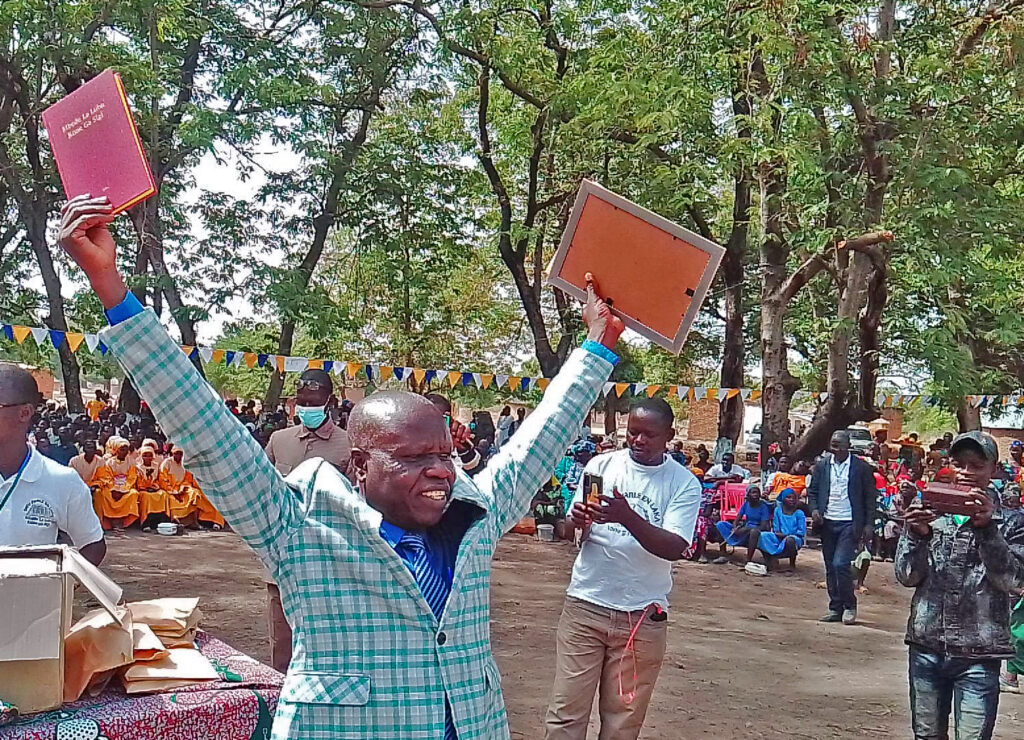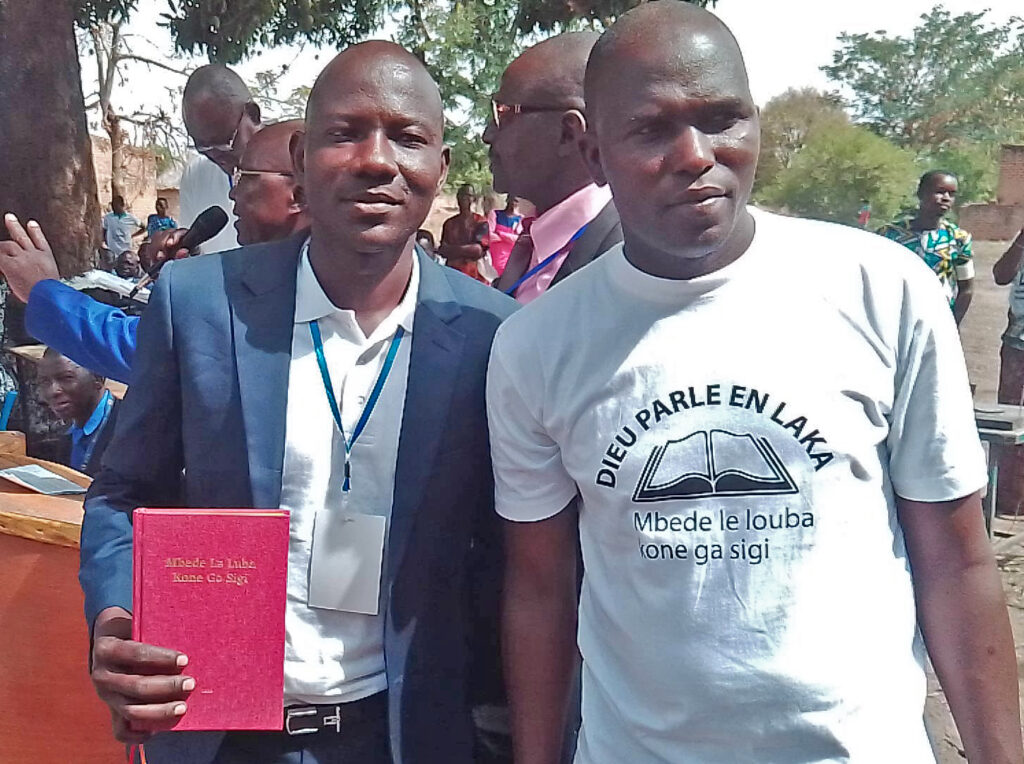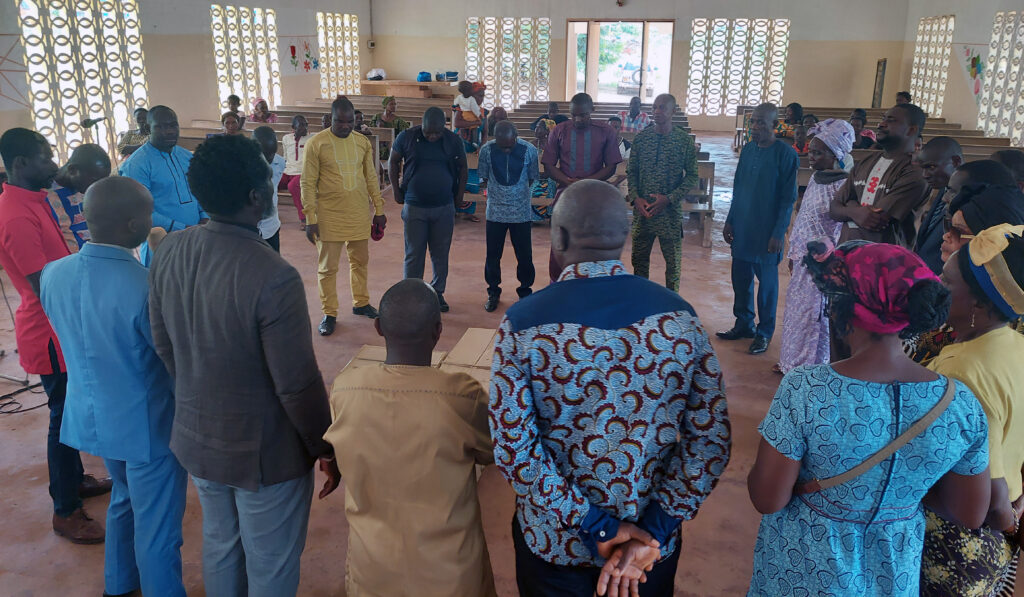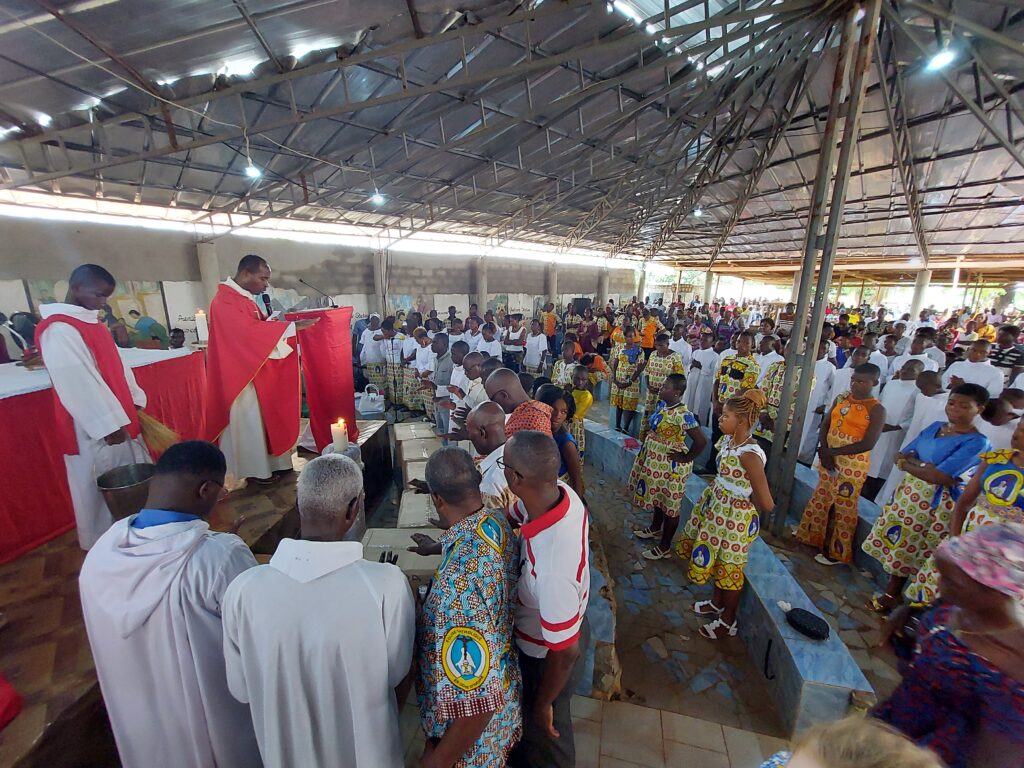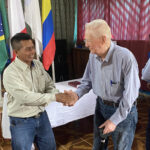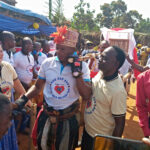After college, David and his wife taught at a Christian school in a Muslim-saturated country. In this demanding place, God opened the couple’s eyes to the knowledge that there’s so much work to be done for him, but there’s not enough people to do the work. The labor also requires many diverse skills to accomplish anything, and it can take countless varied forms. If you have skills or talents, God can use them.
But the pair still didn’t know what that looked like for them. “Honestly,” David says, “I didn’t know what my skills were. God still needed to sharpen my abilities and eliminate some hobbies I like doing. Sometimes I felt him saying, ‘We’re not going to use that,’ or ‘you need to put that down for a little while.’” David has a degree in audio-visual work, and although he felt God calling him to put aside some of his talents as a musician, he never felt compelled to lay aside his audio-visual skills.
The Lord kept closing doors of jobs that David thought he could excel in. “My skills are in listening,” David explains, “and viewing things, which aren’t usually skills that an American businessman would hire someone for.” By shutting these doors, God led him to the audio-visual job in Papua New Guinea that he’s currently preparing for by attending an International Media Services (IMS) course here at JAARS.
The IMS course “is teaching us how to use the tools necessary to create media for people who might be in the situation of planting their field, yet using their cell phones at the same time.” It’s not just cell phones that David and the other student, Solomon, are learning about, but any form of media that people can use to access God’s Word in their heart language. The IMS staff desires to see people utilizing God’s Word. And more often than not, technology and media are the best tools for this.
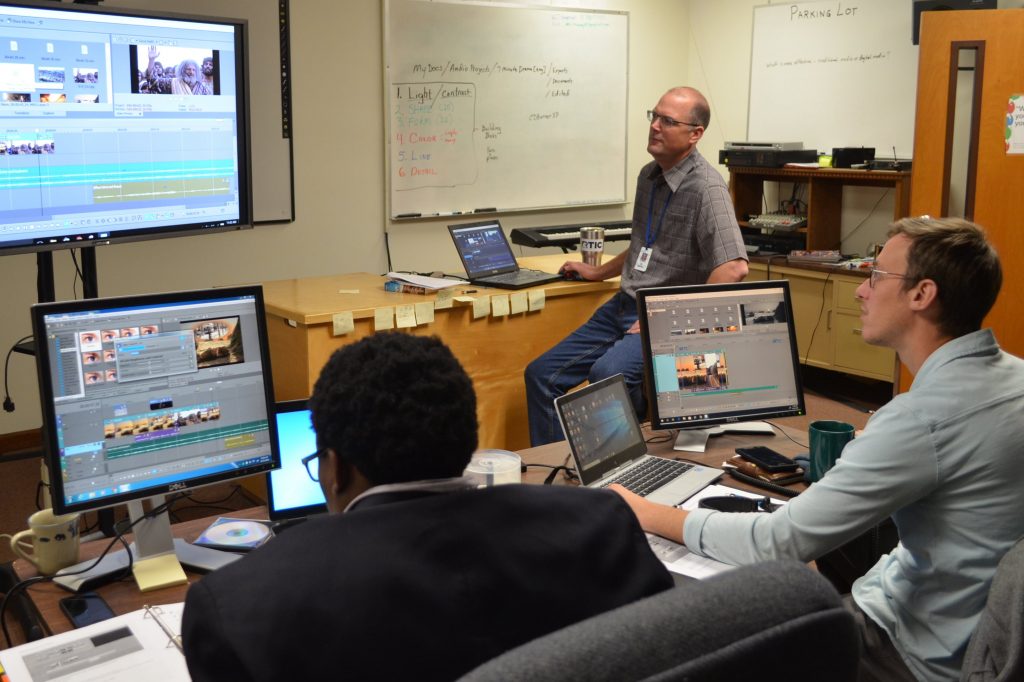
“It’s amazing learning all this,” David says. “I feel personal kinship to oral cultures because it’s taken me 34 years now to realize that that is how God made me. I feel much more tuned into audio and listening, seeing, and experiencing as opposed to just getting information out of a book. I can totally relate to how [oral cultures] experience stories.”
Audio Scriptures are important, because for oral cultures, an audio story carries more weight than a book or text. When people try to communicate the authority of Scripture, oral books are the best choice. They’ll listen to the story, even though most of them won’t read a book, like David. “I’d rather listen to something than pick up a book. Reading takes a lot of energy. For me, listening to a story is entertaining and fills me with energy.”
Once he completes his training, David will record audio Scriptures in Papua New Guinea and ask the local people to work alongside him. As he says, “It won’t be my project, it’ll be our project.” This is an important distinction to make because “their culture is the one that speaks best to their culture.”
Praise God with us that he led David through the IMS Course so that he can listen to the stories of those in Papua New Guinea and introduce them to the greatest story—God’s Word. What skills has the Lord given you to make his Word known to all peoples?
Learn more about the IMS department and how you can use your unique skill set here.



























































